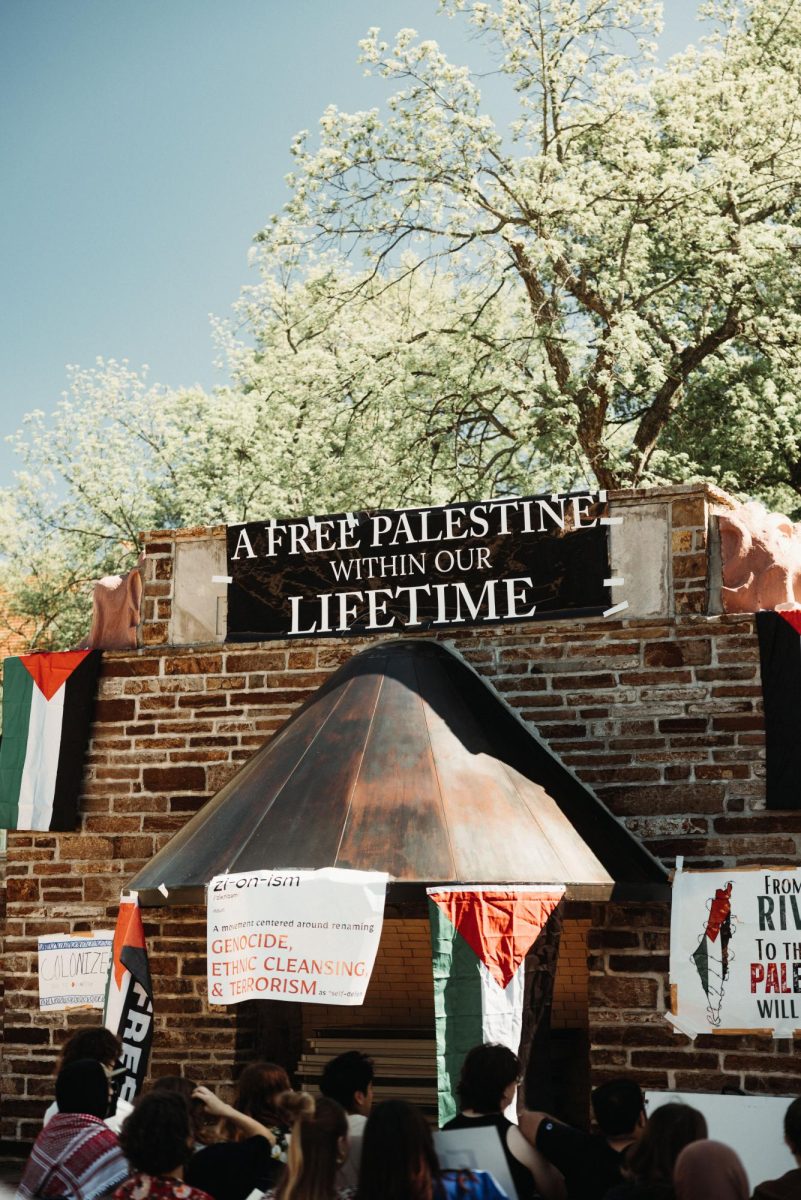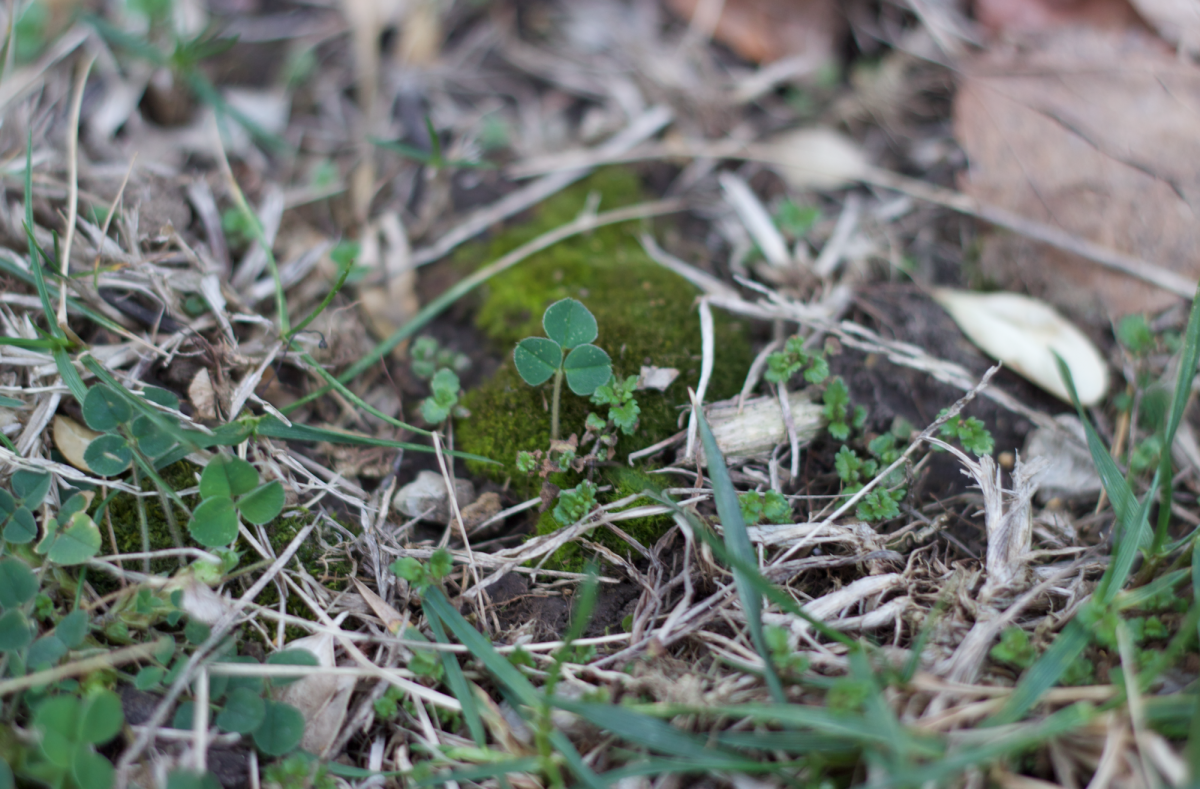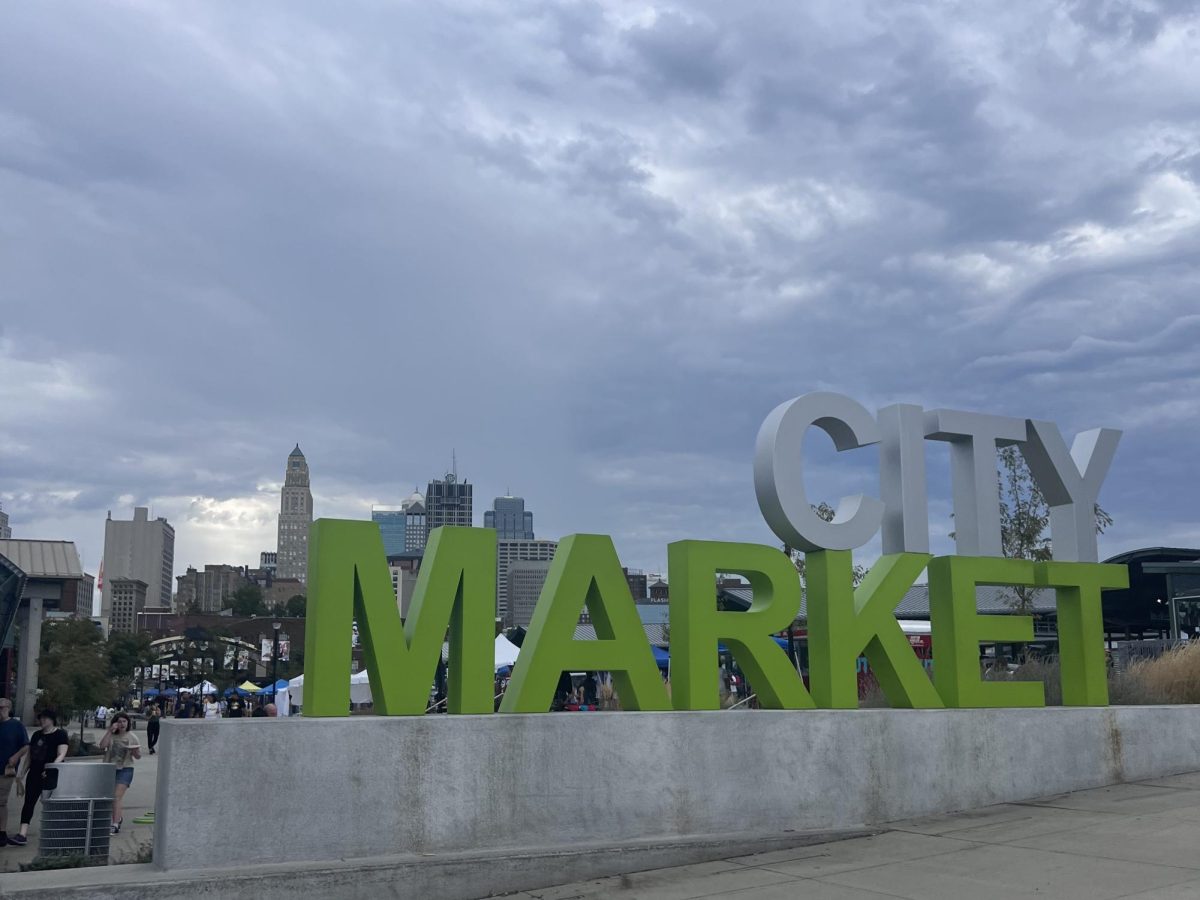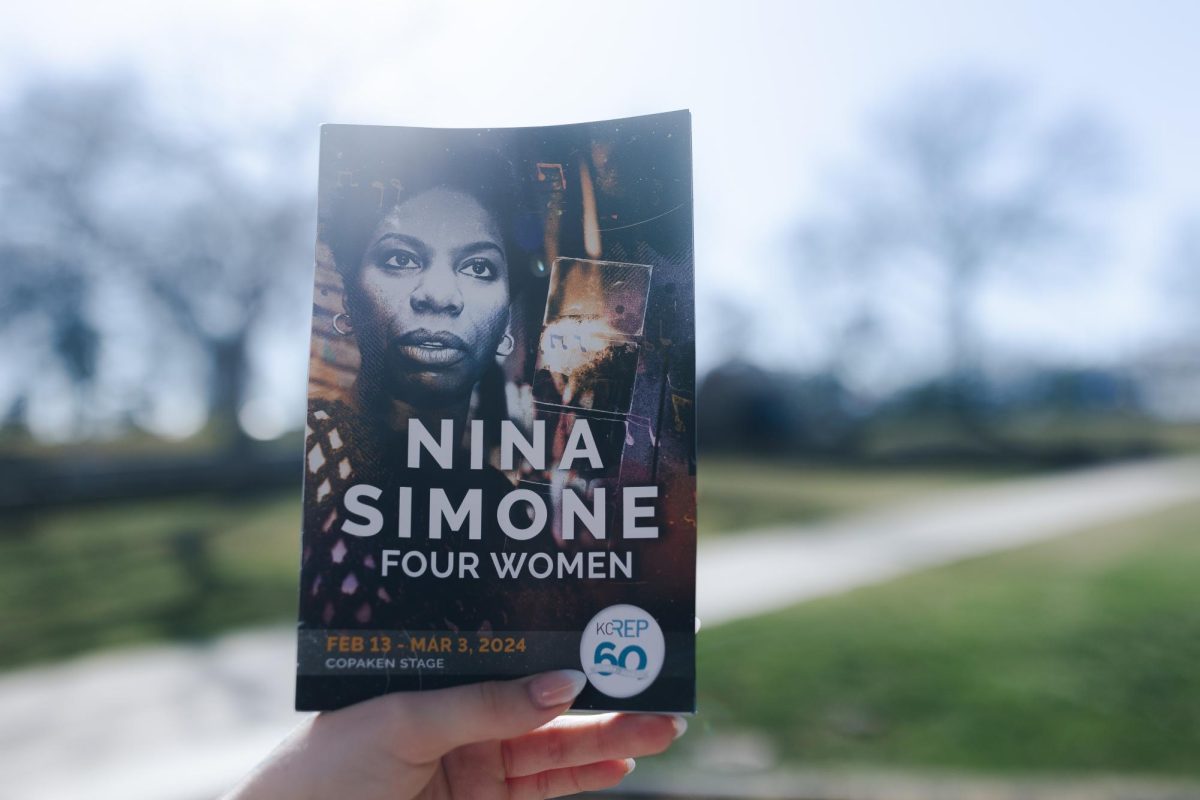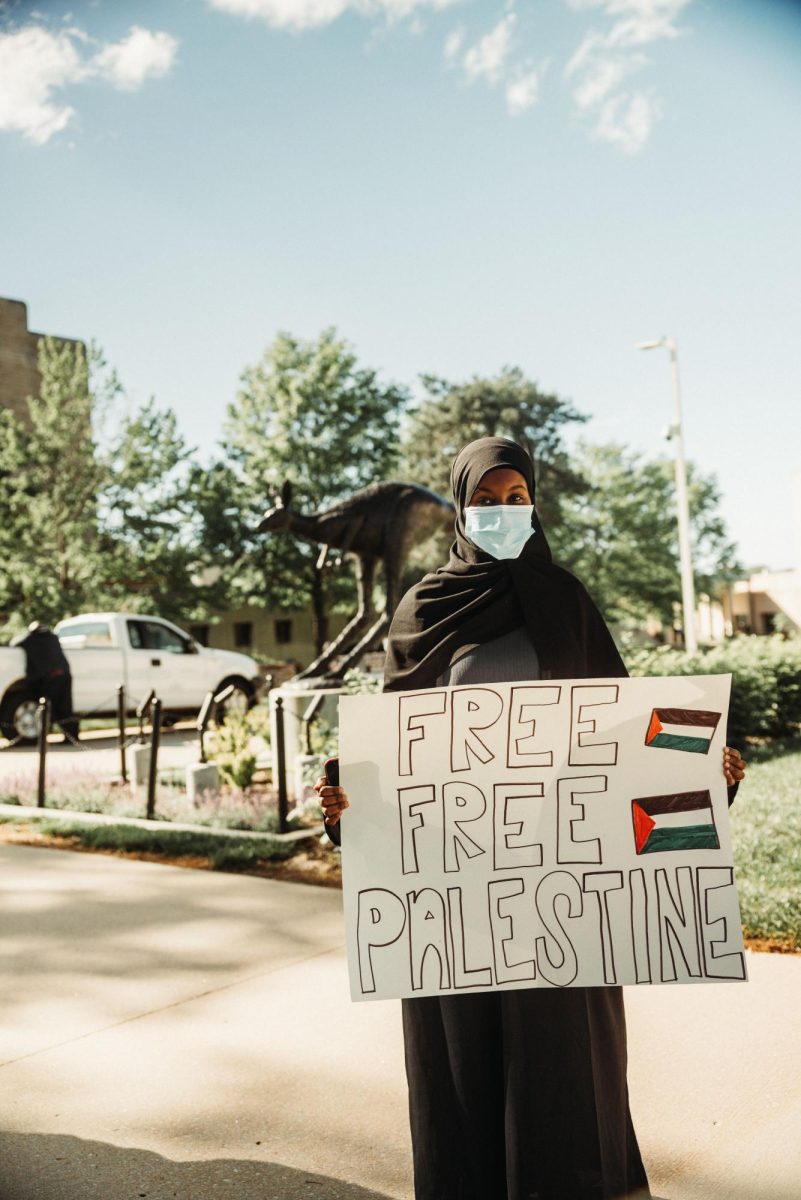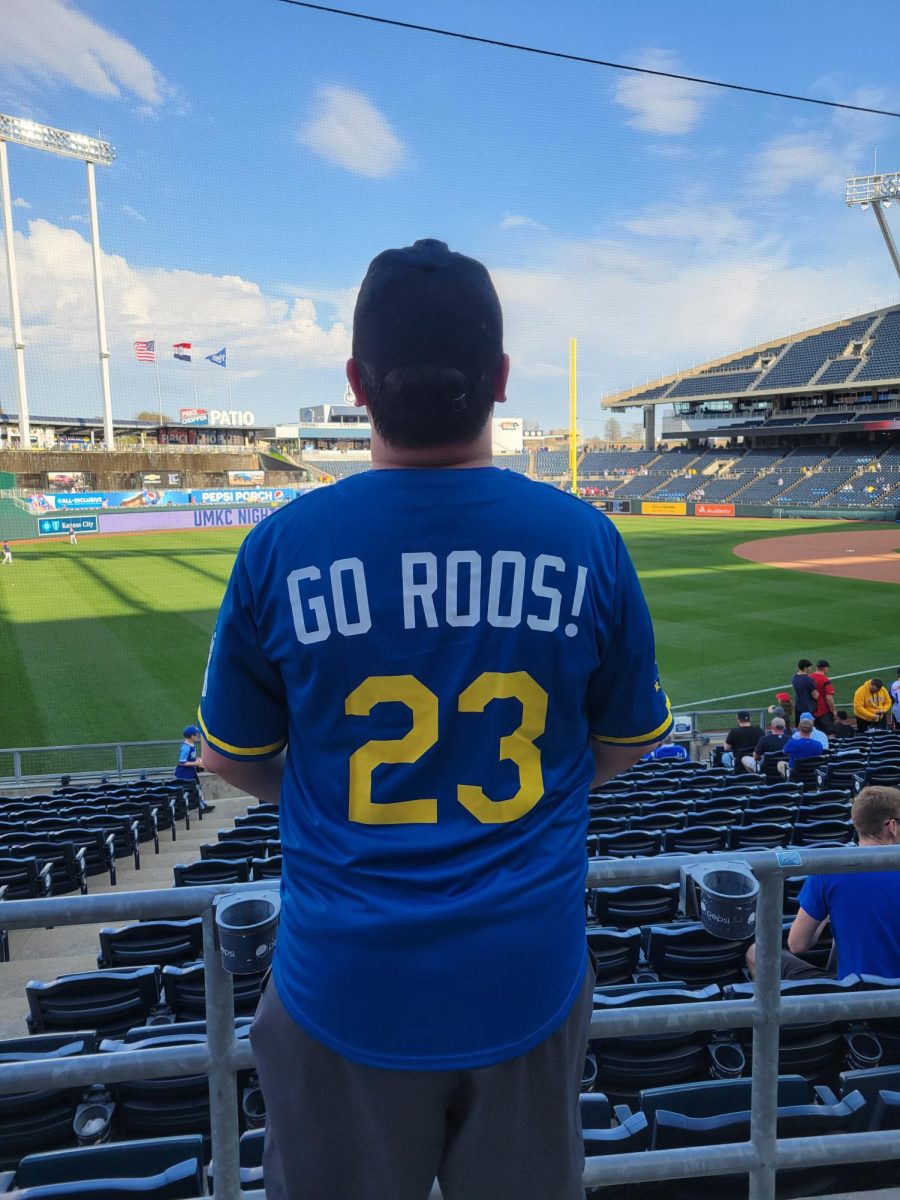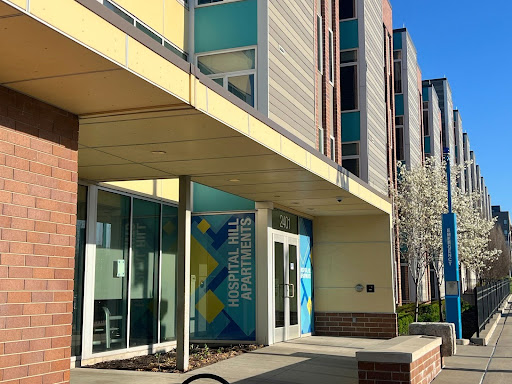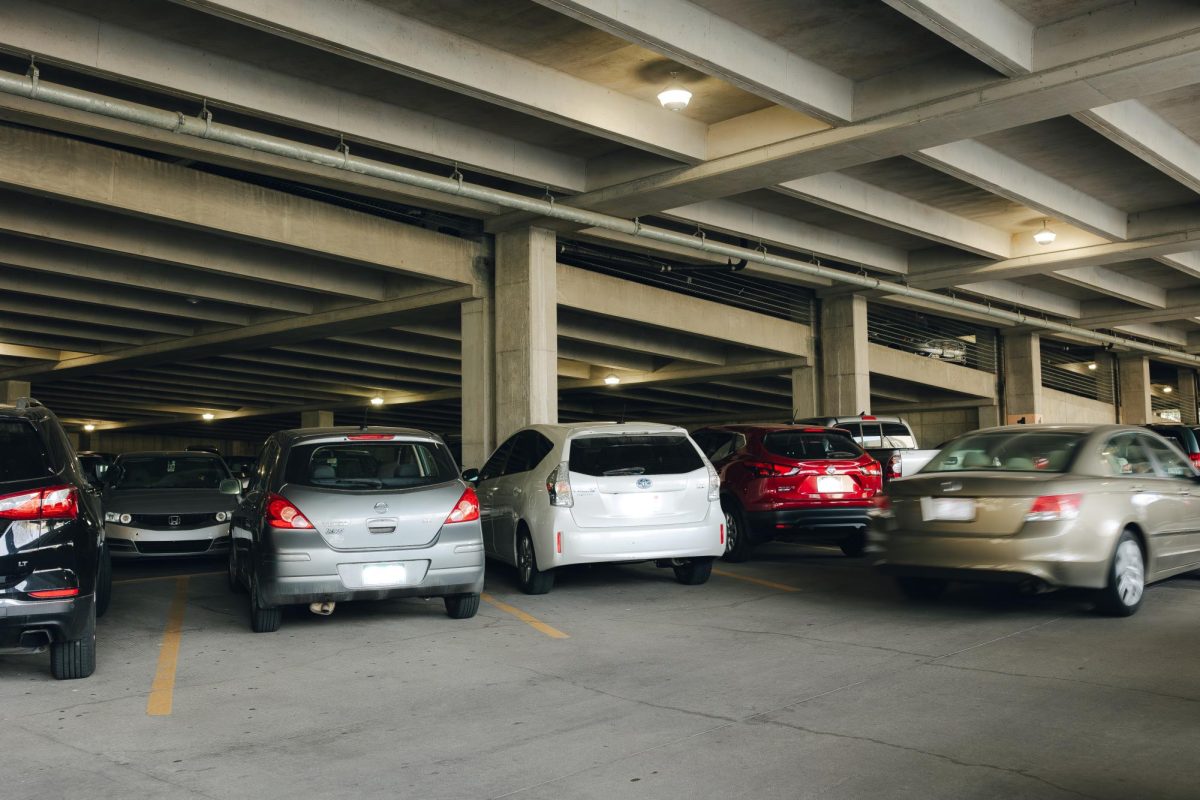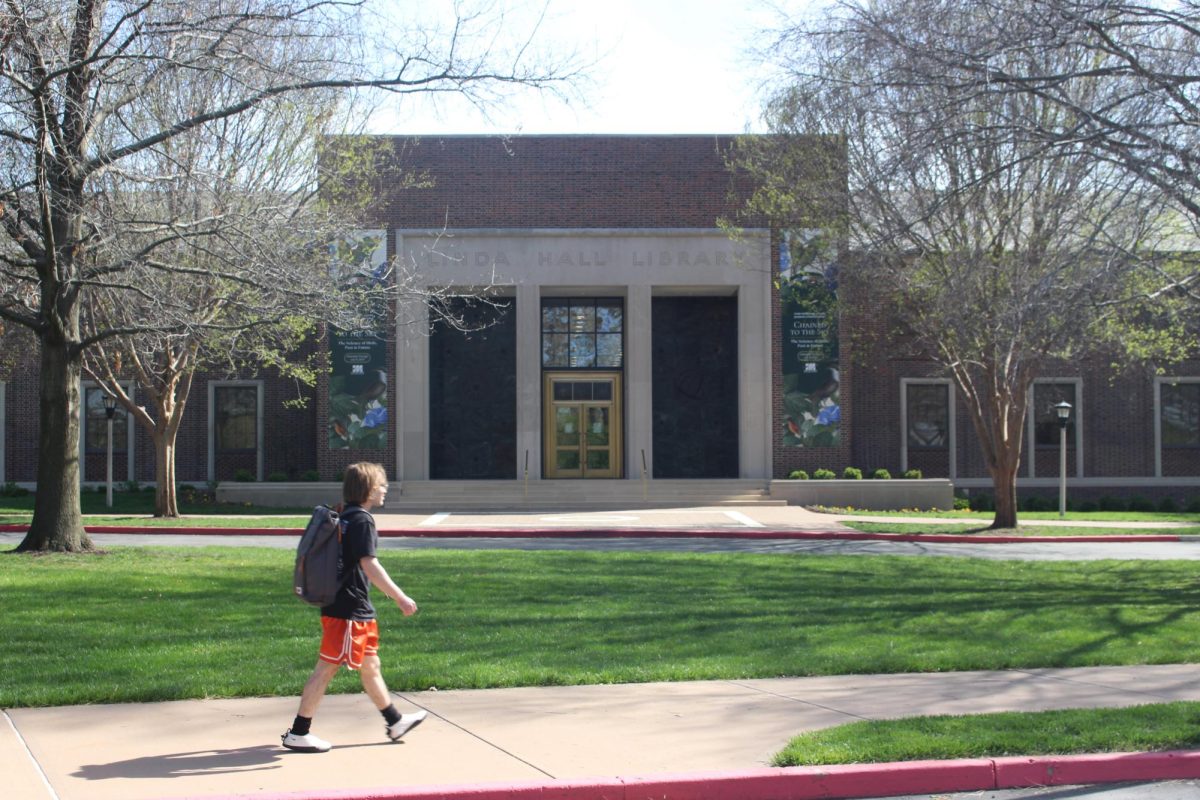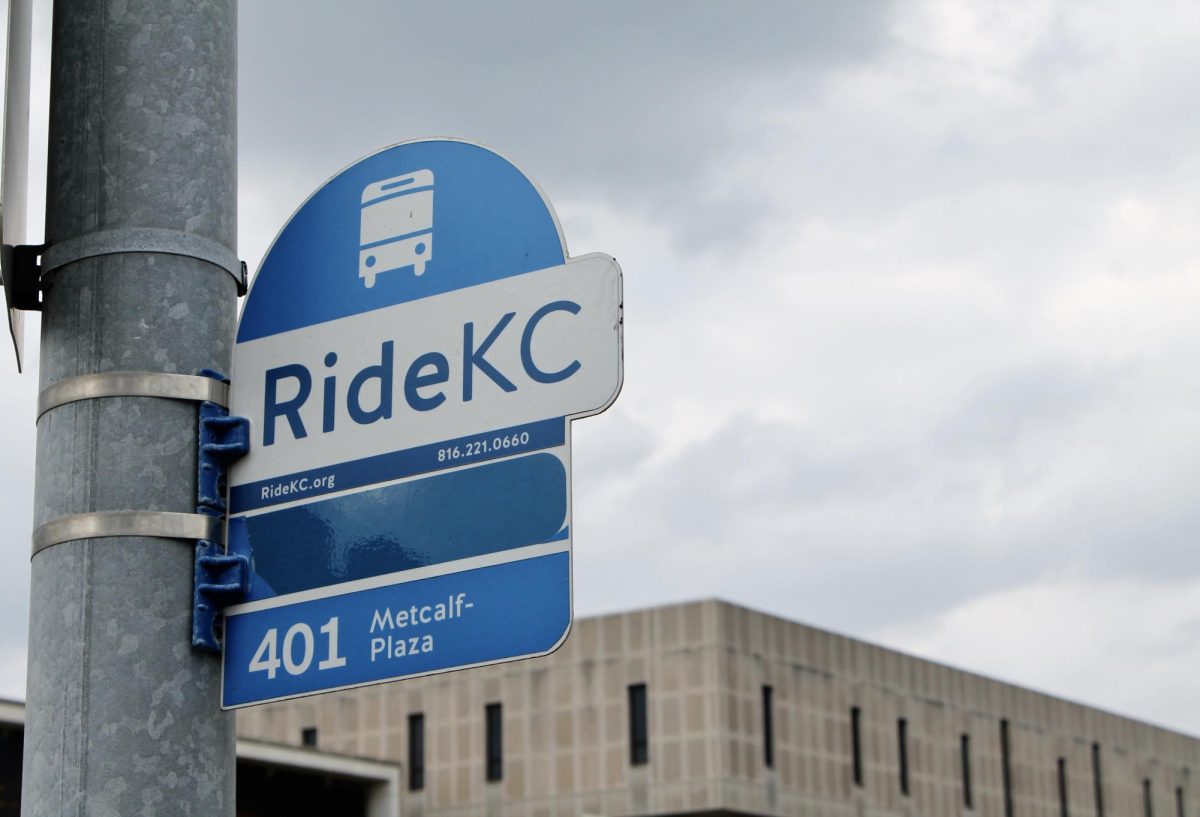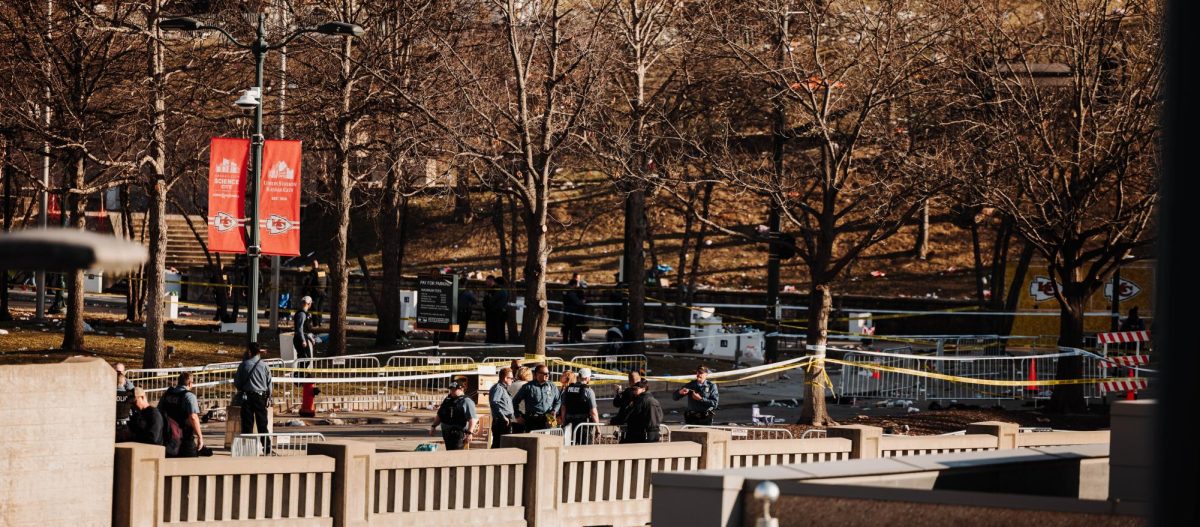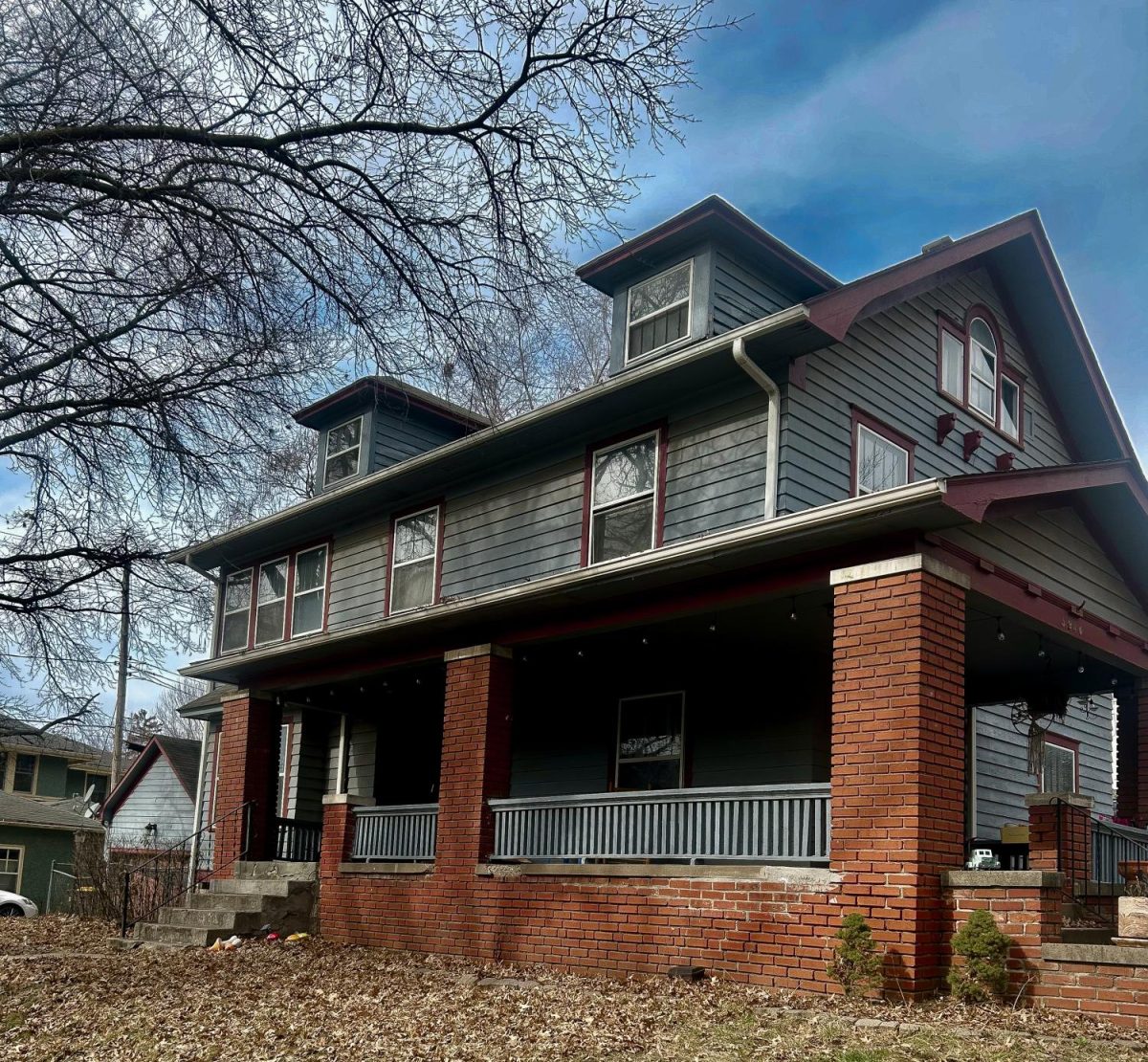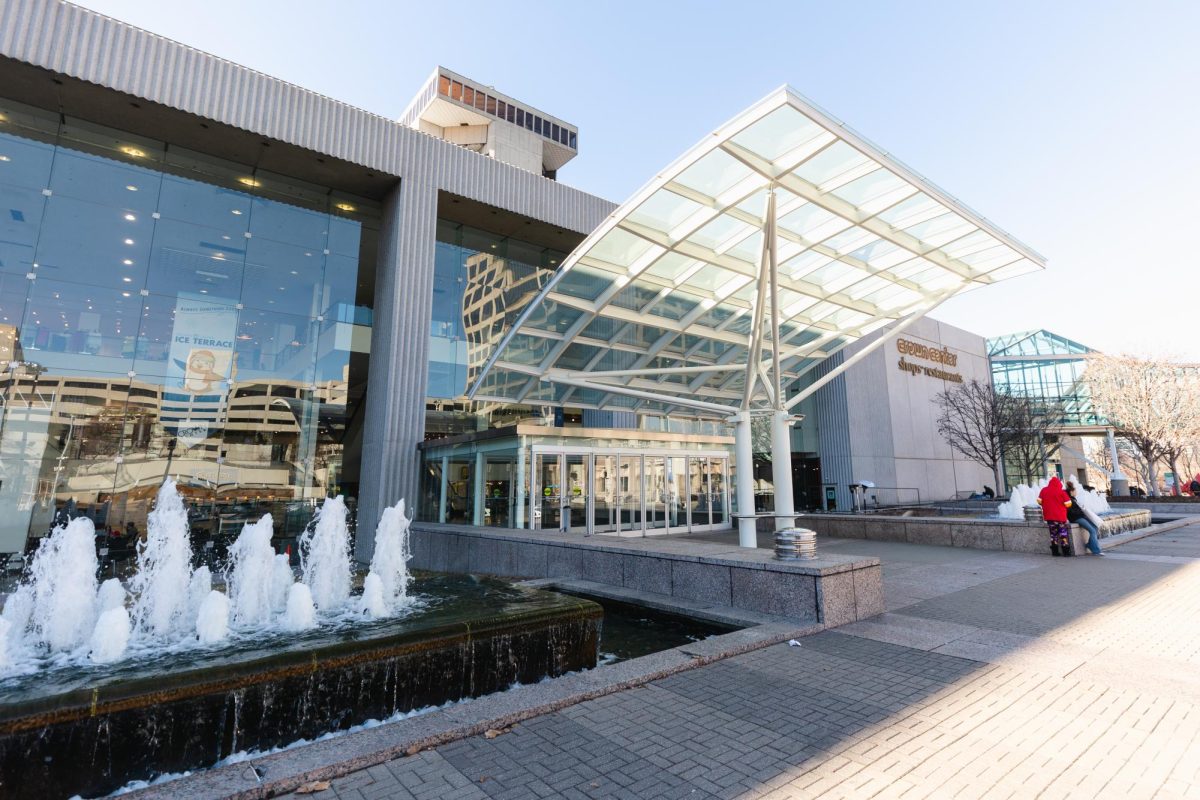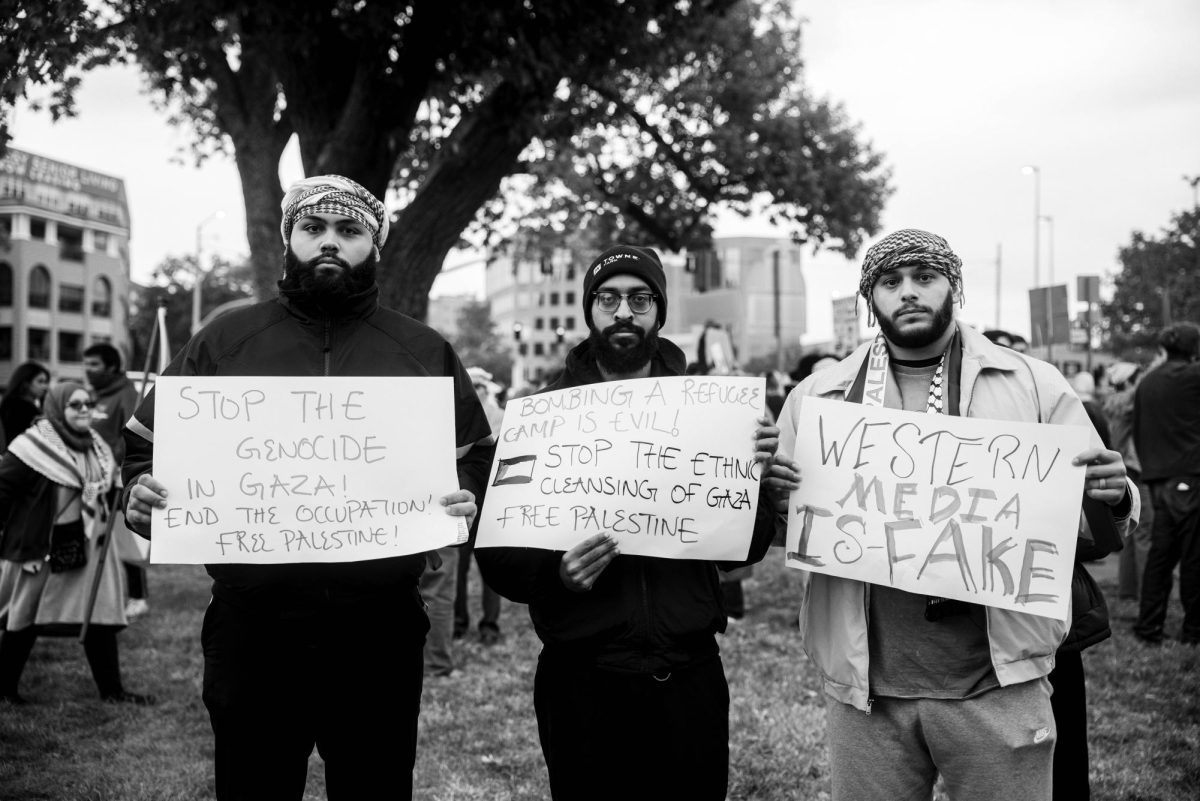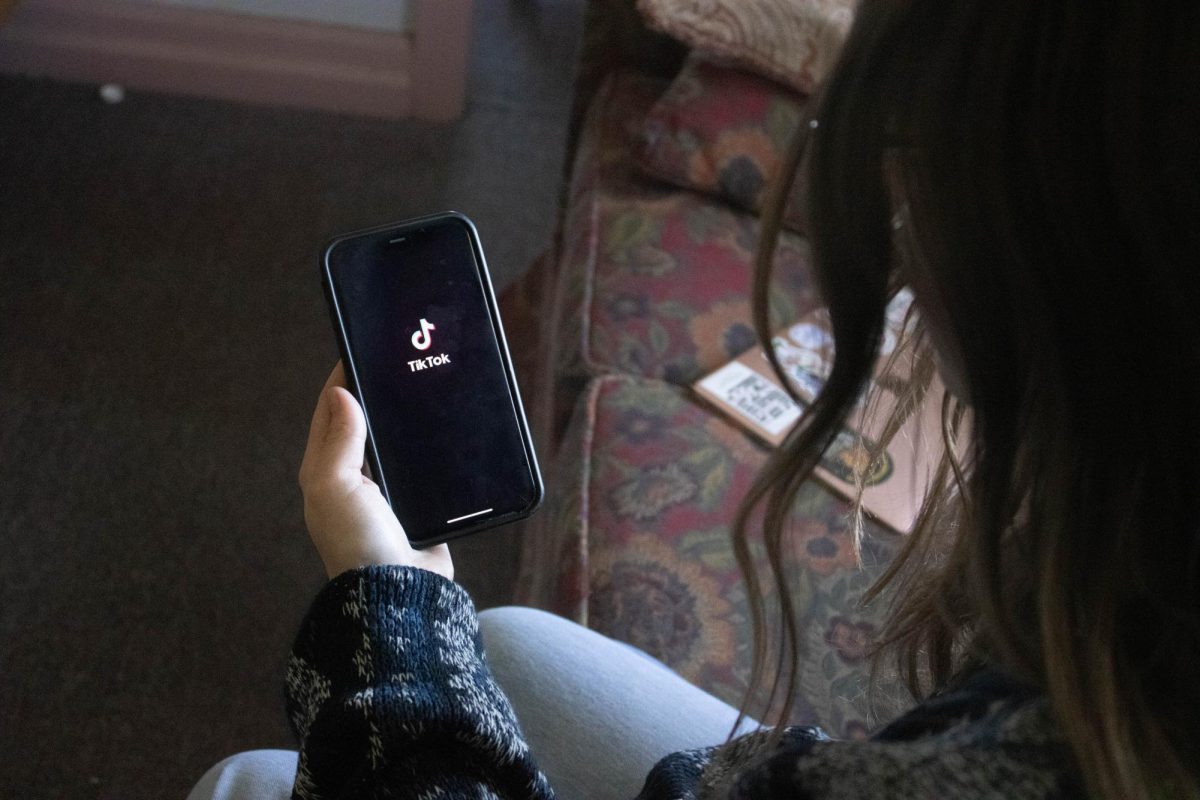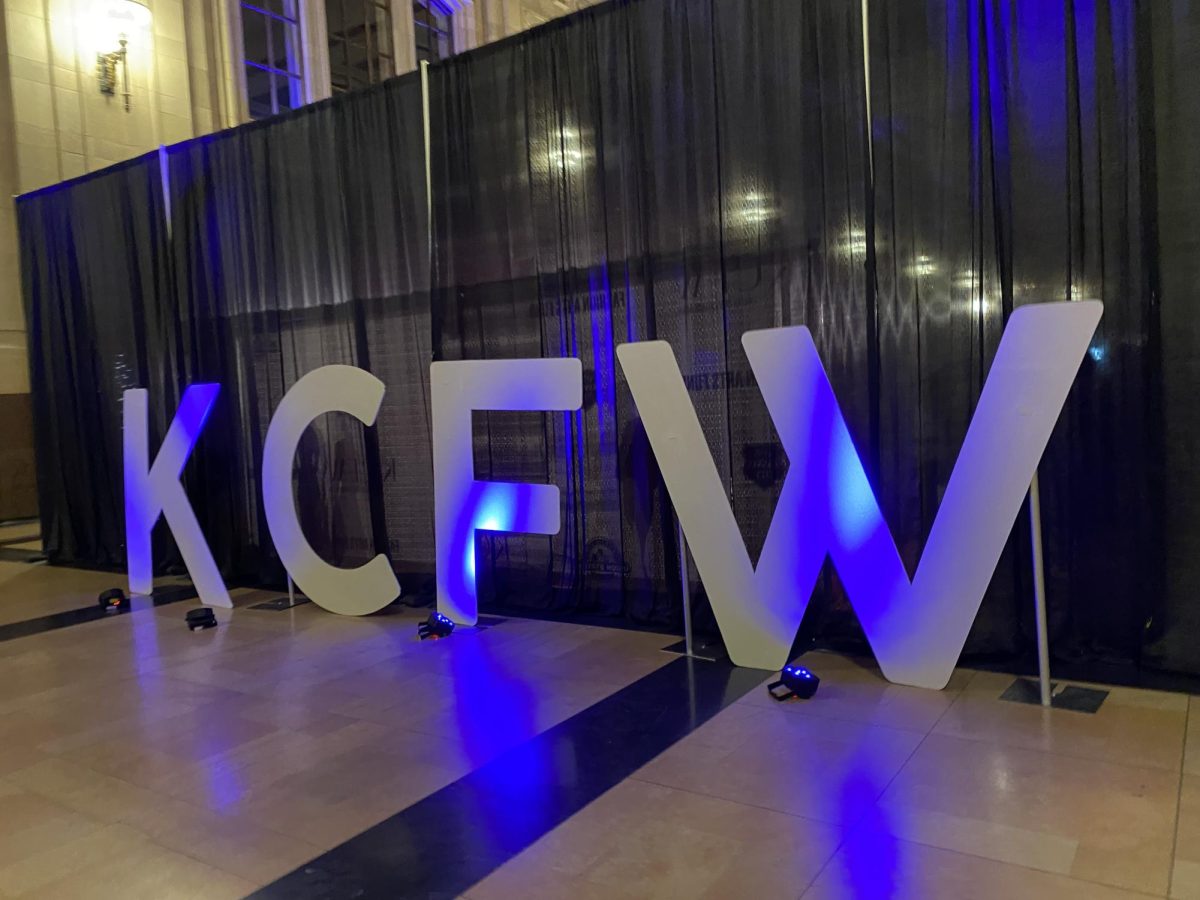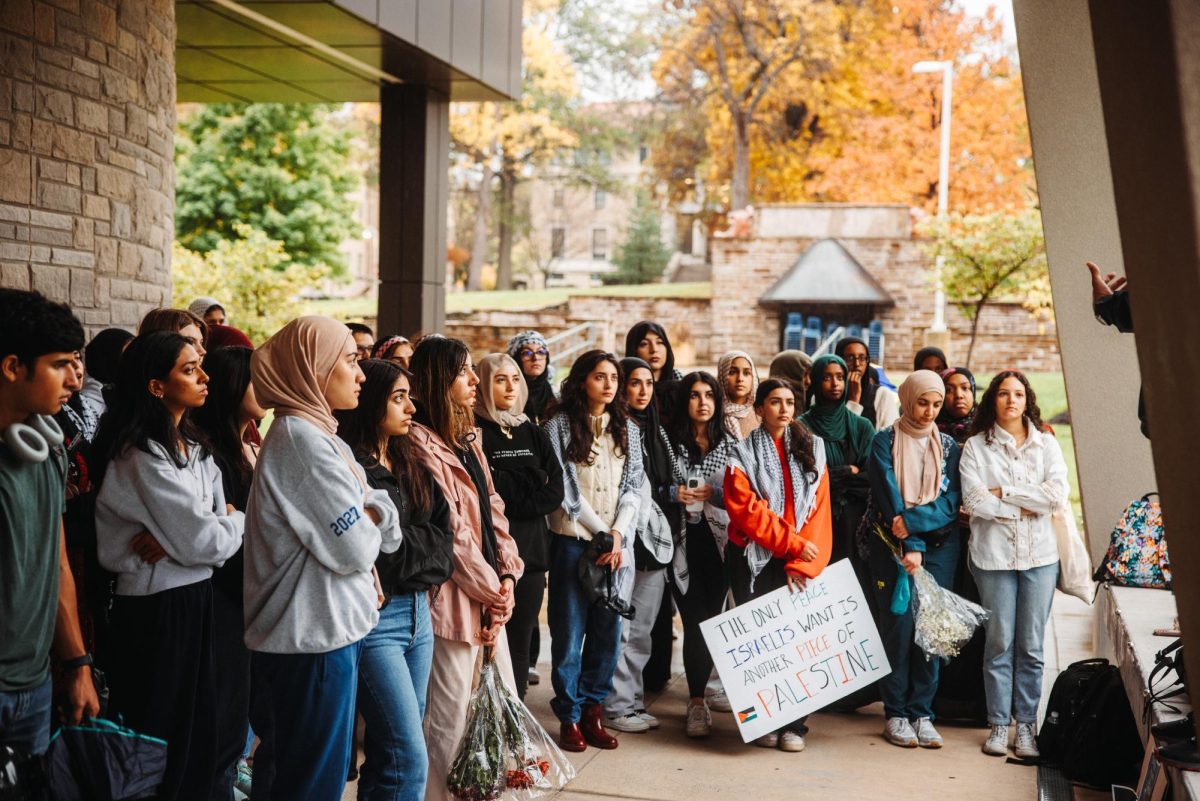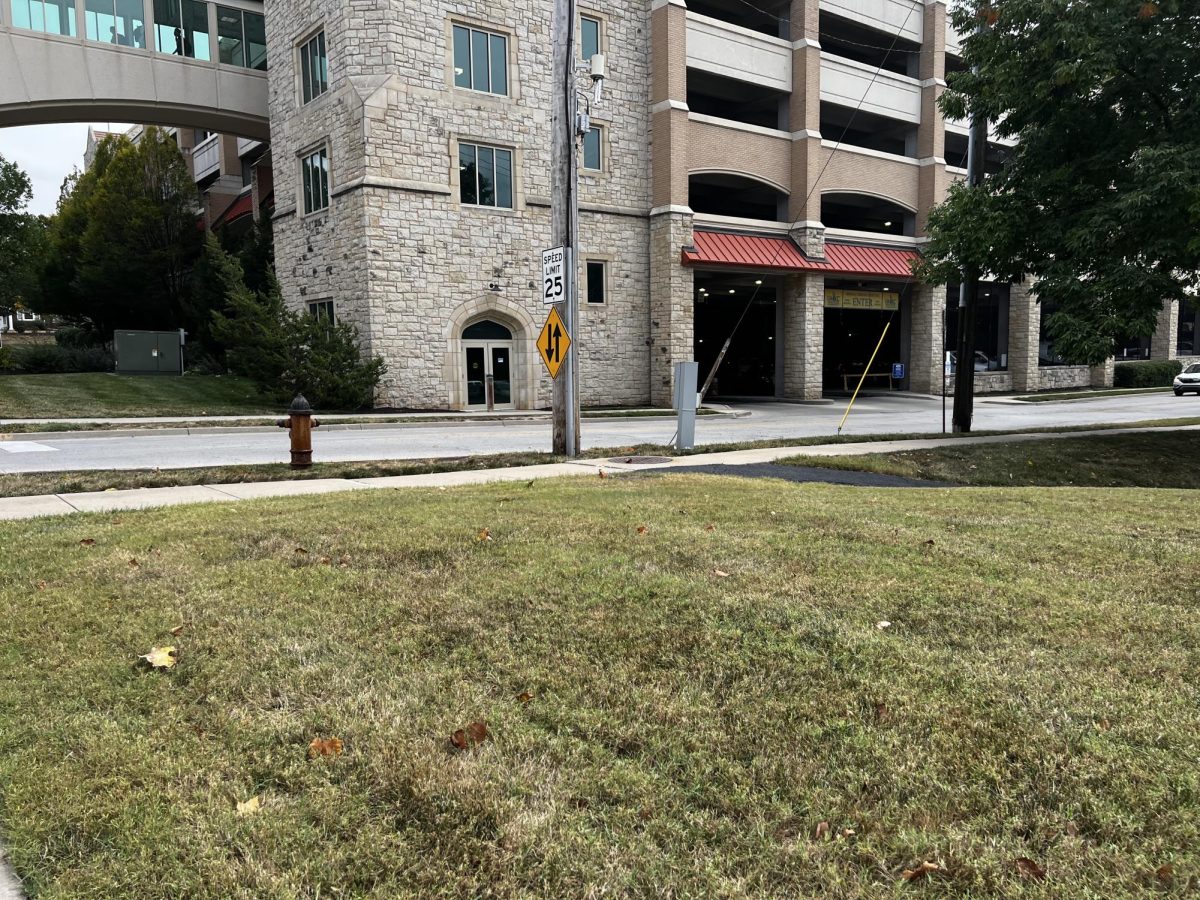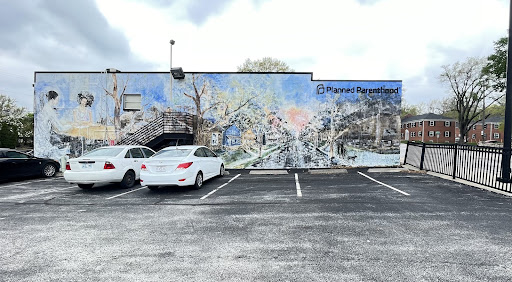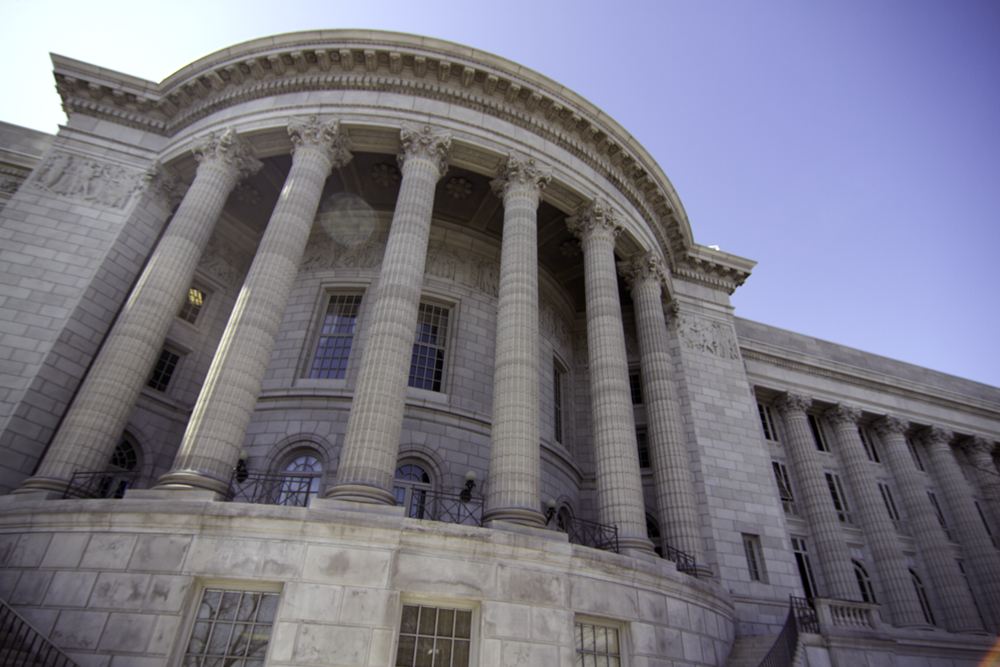Wildfires began to spread and destroy large swaths of the island of Maui in Hawaii on Aug. 8 causing an estimated $5.5 billion worth of property damage. Now, 115 people lost their lives and 31 are still missing as a direct cause of the fires themselves.
Even with the need to rebuild and recover, Maui island is set to reopen tourism on Oct. 8th before the start of the fire has even been determined.
A lawsuit is currently underway from Maui County against the Hawaiian Electric company. As they have stated in their case, Hawaiian Electric failed “to power down their electrical equipment despite a National Weather Service Red Flag Warning on August 7th.”
Hawaiian Electric admitted there was a flame sparked by their power lines in the morning of the initial fires, however refuted that they did not turn off the powerlines.
As the lawsuit continues, over 7,500 residents remain displaced as house reconstruction begins along with the tourism industry. The West Maui area, like all of Hawaii, depends on tourism to survive.
Dr. Brian Frehner, current chair and professor of the history department of UMKC brought attention to Hal Rothman’s “Devil’s Bargains.” This book examines how towns and communities that depend on tourism to preserve their culture and homes become dependent on corporate interests that actively hurt their lower classes as time goes on.
Hawaiian natives have long been outspoken against tourism, as it creates a greater strain on water shortages, overpriced homes and growing environmental damages.
Climate change continues to cause these problems from increasingly strong natural disasters and water shortages similar to states like California. It will only worsen as West Maui businesses are set to reopen on Oct.8, only two months after the initial fires occurred.
The island of Maui is in a Catch-22. If they continue to have large tourist hotspots closed, the Hawaiian people will be sacrificing 70% of their economic profits according to the Maui Economic Development Board. That cuts out a majority of their economic power in an already overpriced state.
If they were to reopen, it would only compound the aforementioned problems and add to the pressure Hawaiian natives face. Many are considering leaving their island in search of more affordable areas while being priced out of their own homes.
Currently, it appears Hawaii itself is not able to sustain itself without the tourist dollar, and the cities in place are not able to withstand the oncoming natural disasters.
A comparison can be drawn to the damage caused to New Orleans in 2005 when Hurricane Katrina hit and caused $160 billion in damage. In the aftermath of the hurricane, Louisiana’s population shrank 29% because of the growing ecological and environmental problems that come with living in a gulf-side city.
While a rapid response and constant updates from the federal government provided relief to New Orleans, no such communication and response has been given for Maui and the city affected most by the fires in Lahaina,
“Folks want to see better communication, of course in these disasters, in hopes [that] it saves lives”, said Marina Ricker, Honolulu Civil Beat reporter and Maui resident. “But then also, in the rebuilding, they want to see communities lead these efforts.”
Only time will tell how the people of Maui will not only recover from the wildfires but also how the well-being of the native Hawaiian population will handle the imminent reopening of West Maui on Oct. 8. For now, however, it can reasonably be discerned that pre-existing strain on Native Hawaiian communities and working-class Maui will only continue to fray.


